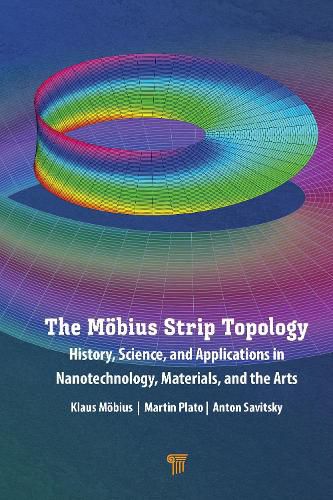Readings Newsletter
Become a Readings Member to make your shopping experience even easier.
Sign in or sign up for free!
You’re not far away from qualifying for FREE standard shipping within Australia
You’ve qualified for FREE standard shipping within Australia
The cart is loading…






Like no other personality of the 18th and 19th century, Napoleon Bonaparte (1769-1821) and his incessant imperialist wars left lasting marks on the political and cultural profile of Central Europe. After the total defeat of Prussia against Napoleon’s Grande Armee in 1806, fundamental reforms of the entire state system were carried out in Prussia, which were soon (partially) adopted by other German states. This also affected the educational system, and led to fundamental reforms for freedom of teaching and research in German universities. As a result, abstract mathematics and astronomy reached a golden age in German academic research, of which Carl Friedrich Gauss at Goettingen was an epochal example. August Ferdinand Moebius (1790-1868) was his doctoral student, whose life and work on mathematics and astronomy were profoundly influenced by him.
This book reports on August Ferdinand Moebius in the mirror of his time, with its political and social peculiarities. As a matter of fact, Moebius’ legacy reaches into today’s sciences, arts, and architecture-and is rediscovered again and again-leading to new heights of scientific knowledge and cultural aesthetics. The famous one-sided Moebius strip is a paradigmatic example of the fascination and significance of mathematical topology for understanding unexpected consequences of complex object (de)formation. This is the first book to present numerous case studies on Moebius topology in mathematics, astronomy, chemistry, physics and nanomaterials, literature, arts, and architecture, covering the 18th-19th century up to the present years. It is written for experts and laymen alike, who are interested in the historical development of ideas in science and culture.
$9.00 standard shipping within Australia
FREE standard shipping within Australia for orders over $100.00
Express & International shipping calculated at checkout
Like no other personality of the 18th and 19th century, Napoleon Bonaparte (1769-1821) and his incessant imperialist wars left lasting marks on the political and cultural profile of Central Europe. After the total defeat of Prussia against Napoleon’s Grande Armee in 1806, fundamental reforms of the entire state system were carried out in Prussia, which were soon (partially) adopted by other German states. This also affected the educational system, and led to fundamental reforms for freedom of teaching and research in German universities. As a result, abstract mathematics and astronomy reached a golden age in German academic research, of which Carl Friedrich Gauss at Goettingen was an epochal example. August Ferdinand Moebius (1790-1868) was his doctoral student, whose life and work on mathematics and astronomy were profoundly influenced by him.
This book reports on August Ferdinand Moebius in the mirror of his time, with its political and social peculiarities. As a matter of fact, Moebius’ legacy reaches into today’s sciences, arts, and architecture-and is rediscovered again and again-leading to new heights of scientific knowledge and cultural aesthetics. The famous one-sided Moebius strip is a paradigmatic example of the fascination and significance of mathematical topology for understanding unexpected consequences of complex object (de)formation. This is the first book to present numerous case studies on Moebius topology in mathematics, astronomy, chemistry, physics and nanomaterials, literature, arts, and architecture, covering the 18th-19th century up to the present years. It is written for experts and laymen alike, who are interested in the historical development of ideas in science and culture.